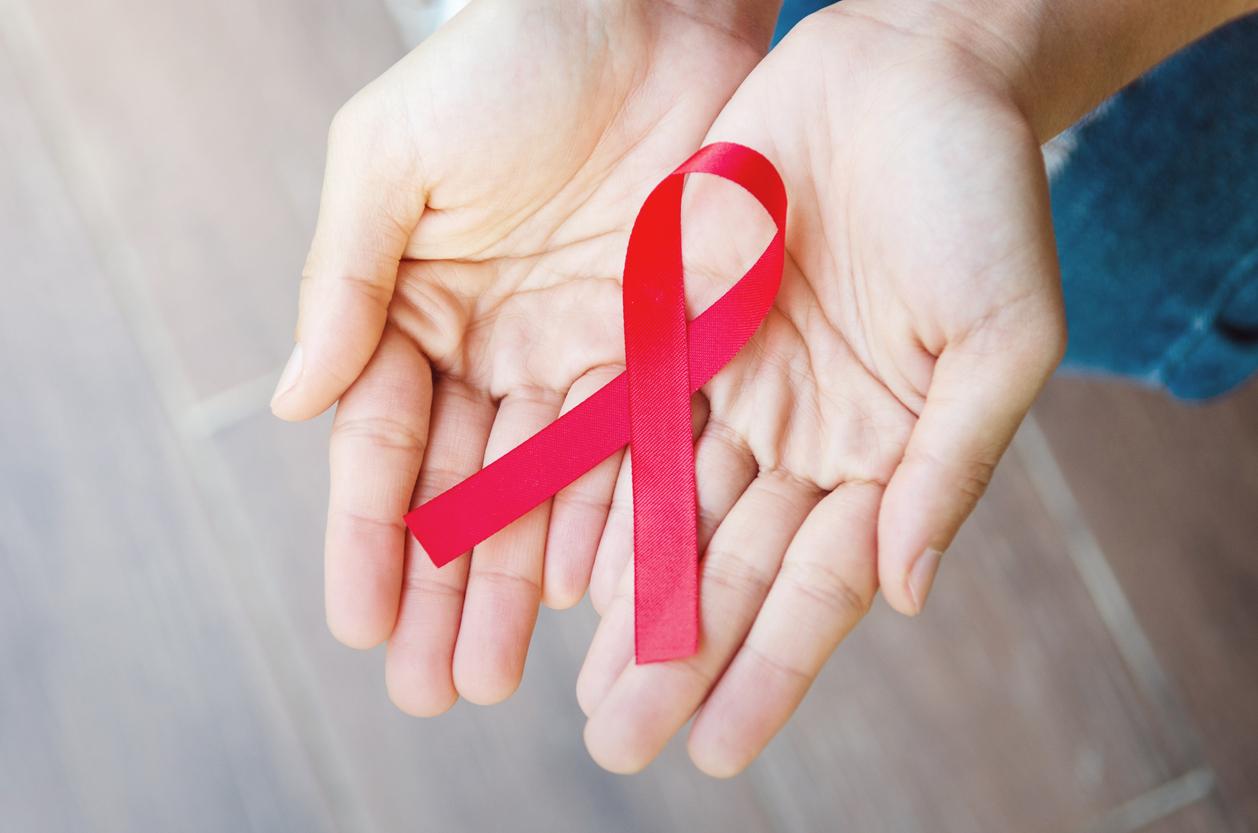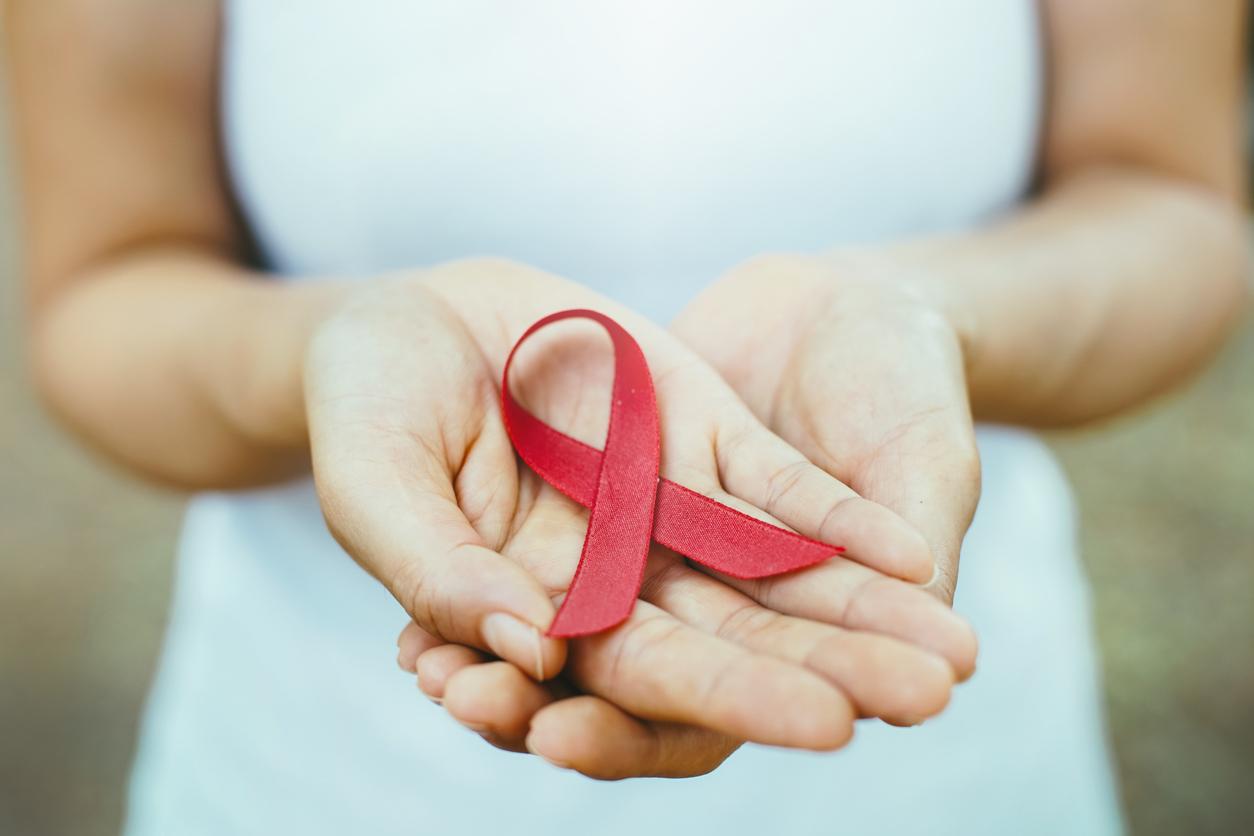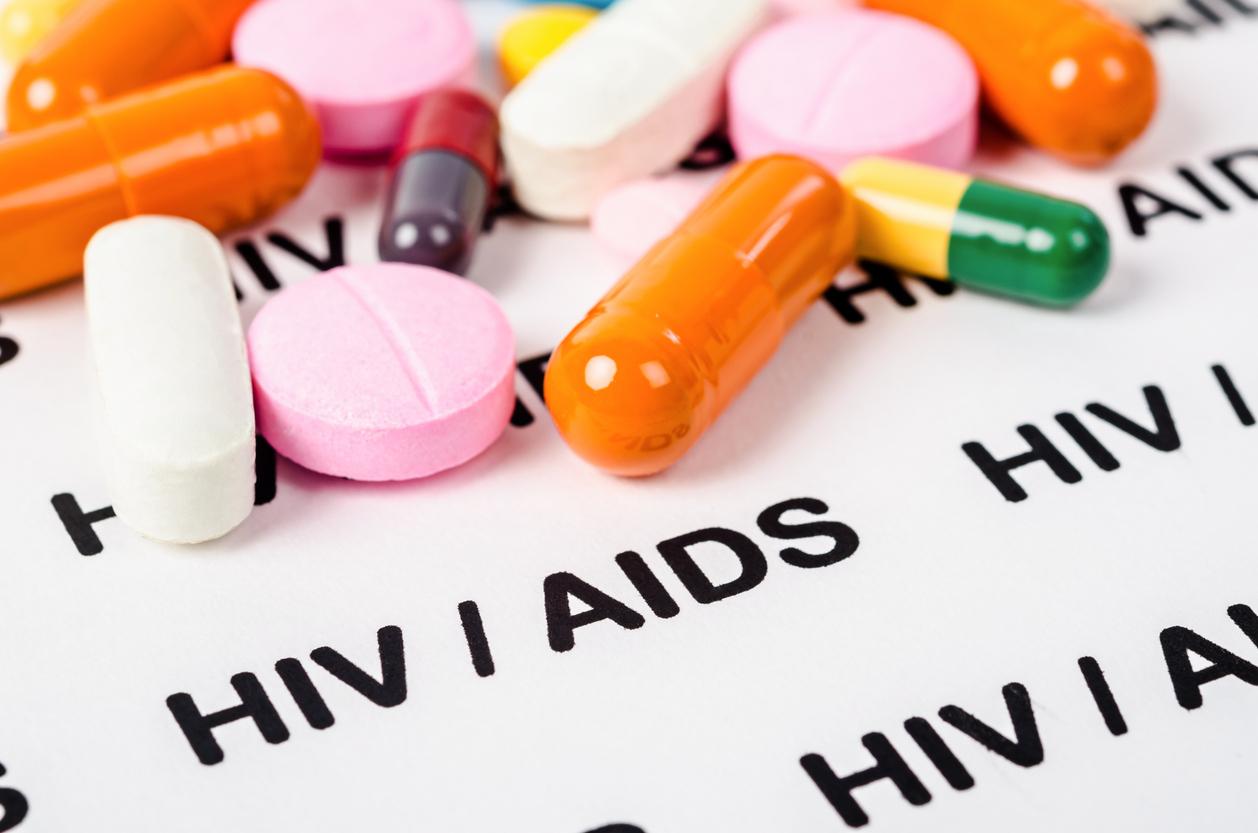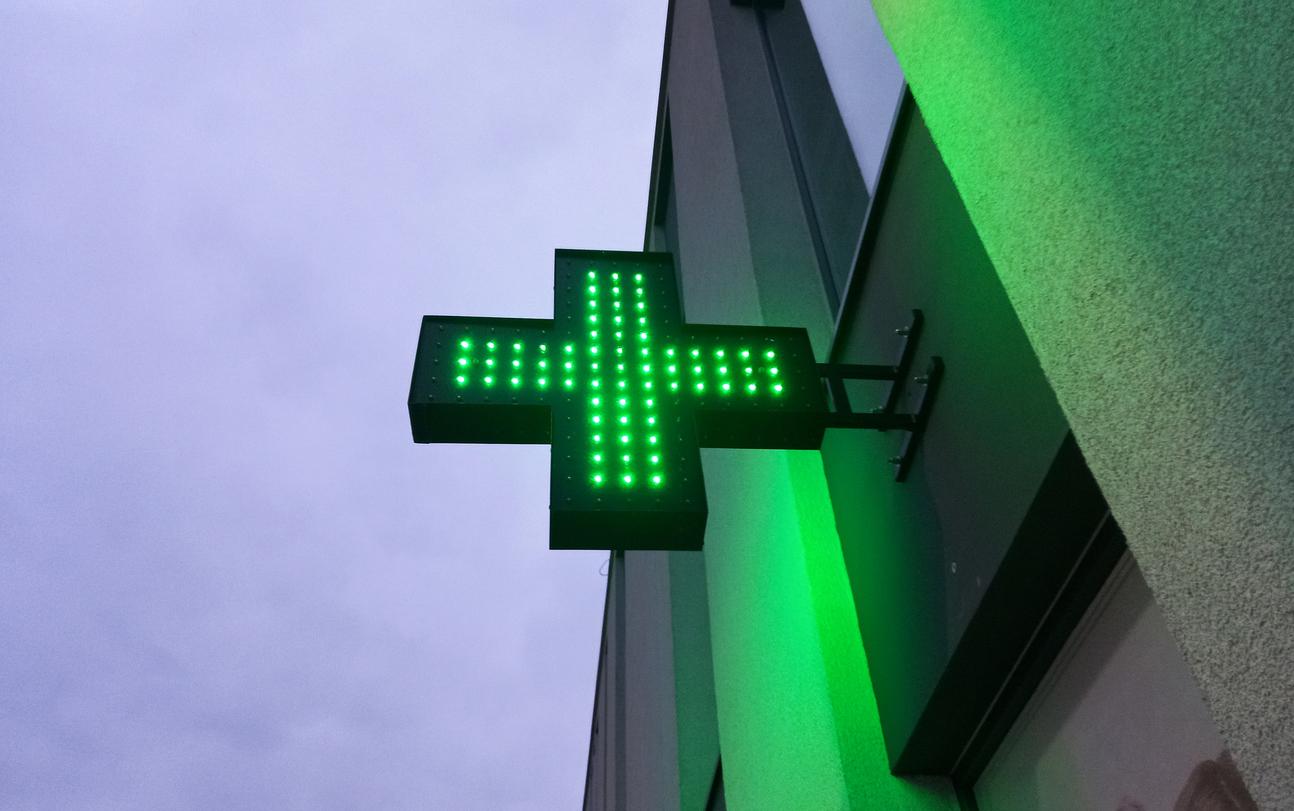Adults with HIV have a significantly delayed body clock, consistent with symptoms of permanent jet lag.

- HIV targets the immune system and weakens the body’s defenses against many infections and some types of cancer.
- South Africa has the fourth highest HIV prevalence rate in the world.
- To date, there is no treatment that can cure HIV infection.
“The increasing number of people living with the human immunodeficiency virus (HIV) presents a high incidence of risk for non-communicable comorbidities, the cause of which remains incompletely understood. Although sleep disturbances are often reported in HIV-positive patients , it is not known to what extent they are associated with changes in circadian processes, wrote researchers from Northumbria University (UK) in a study published in the journal Journal of Pineal Research.
As part of this work, the scientists studied the link between sleep characteristics, circadian phase and HIV status in adults over the age of 45. To carry out the research, the team recruited 187 people living in the South African province of Mpumalanga, “where HIV prevalence is high, but not associated with lifestyle differences”. A total of 36 participants were HIV-positive.
Jet lag: the sleep cycle of HIV-positive patients is shorter
According to the results, the daily physiological rhythms, measured using melatonin, were delayed by more than an hour on average in volunteers with HIV. Their sleep cycle was also shorter, more specifically, their sleep started later and ended earlier. According to the authors, HIV could cause a circadian rhythm disorder similar to that observed in jet lag. The researchers believe that this disruption of the biological clock could contribute to the increase in health problems, such as cardiovascular, metabolic and psychiatric disorders.
HIV: patients undergo a “change to summer time every morning”
“People living with HIV essentially experience daylight saving time, but every morning,” explained Malcolm von Schantz, author of the study, in a statement. “This risk profile is very similar to that seen in night shift workers. Understanding and mitigating this disruption can be an important step in helping people living with HIV lead healthier lives.”, said Karine Scheuermaier, co-author of the work. Now, scientists want to know if the same disruption of the biological clock exists in younger HIV-positive people living in other countries.
















